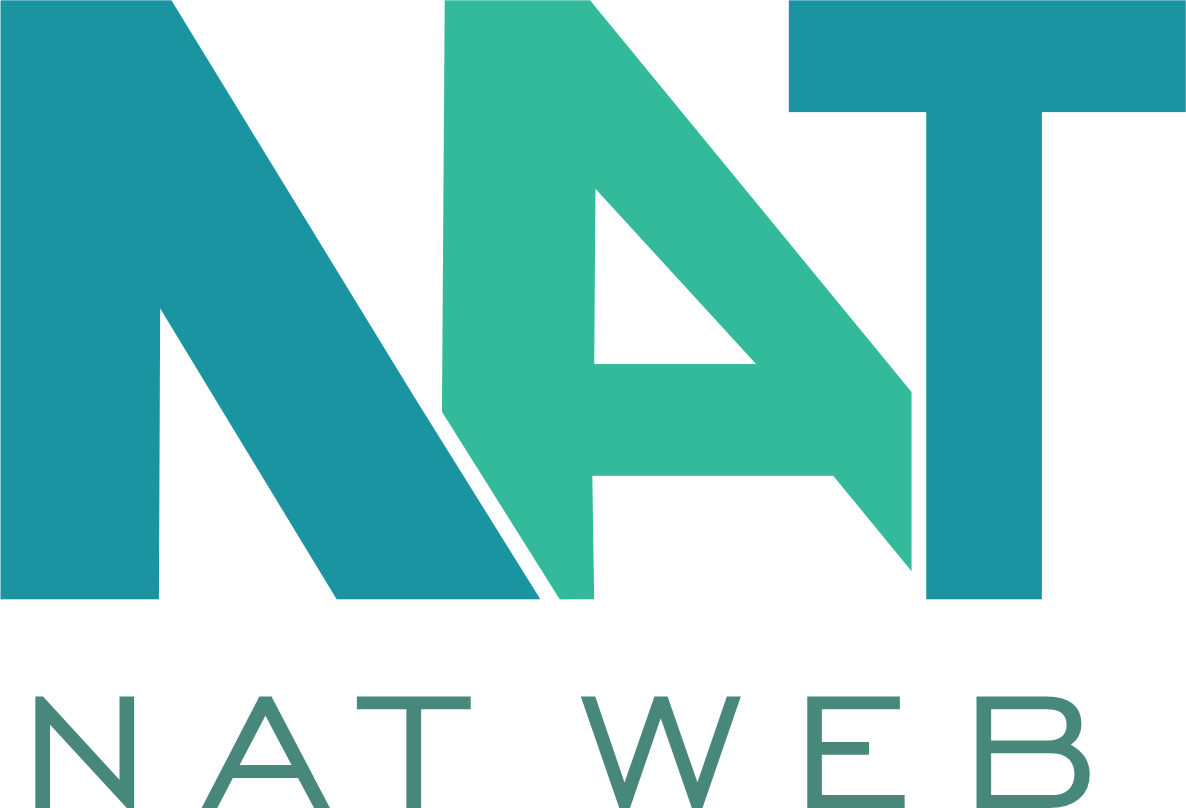Popular
Latest News
In today’s digital age, having a strong online presence is crucial for the success of any business. Search Engine Optimization (SEO) plays a vital role in…
In today’s digital age, having a strong online presence is crucial for the success of any business. Search Engine Optimization (SEO) plays a vital role in…
